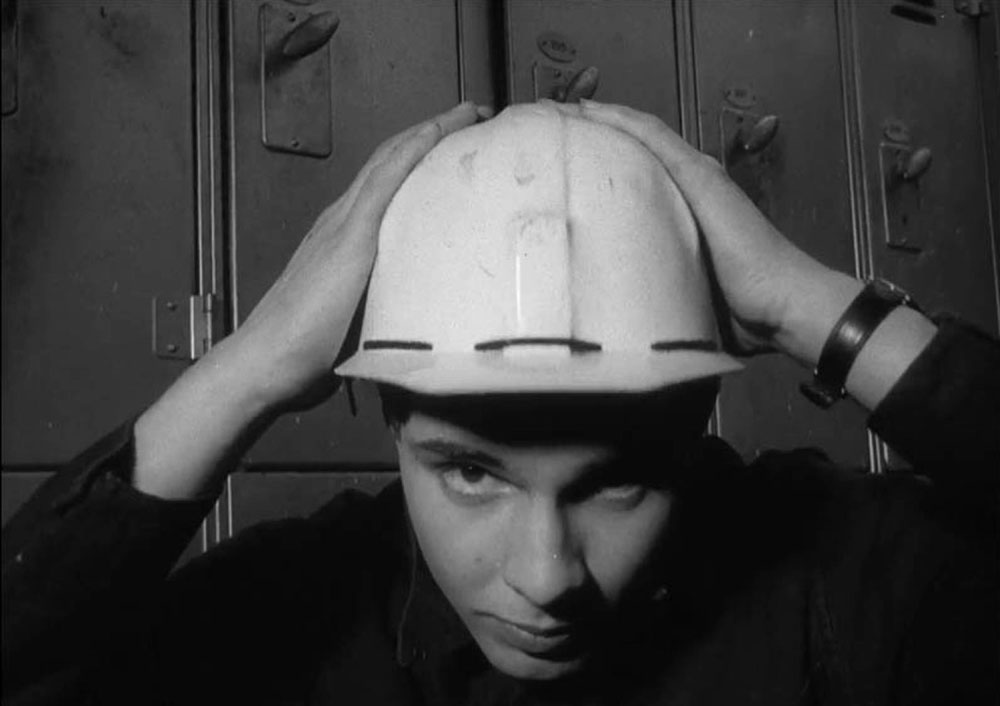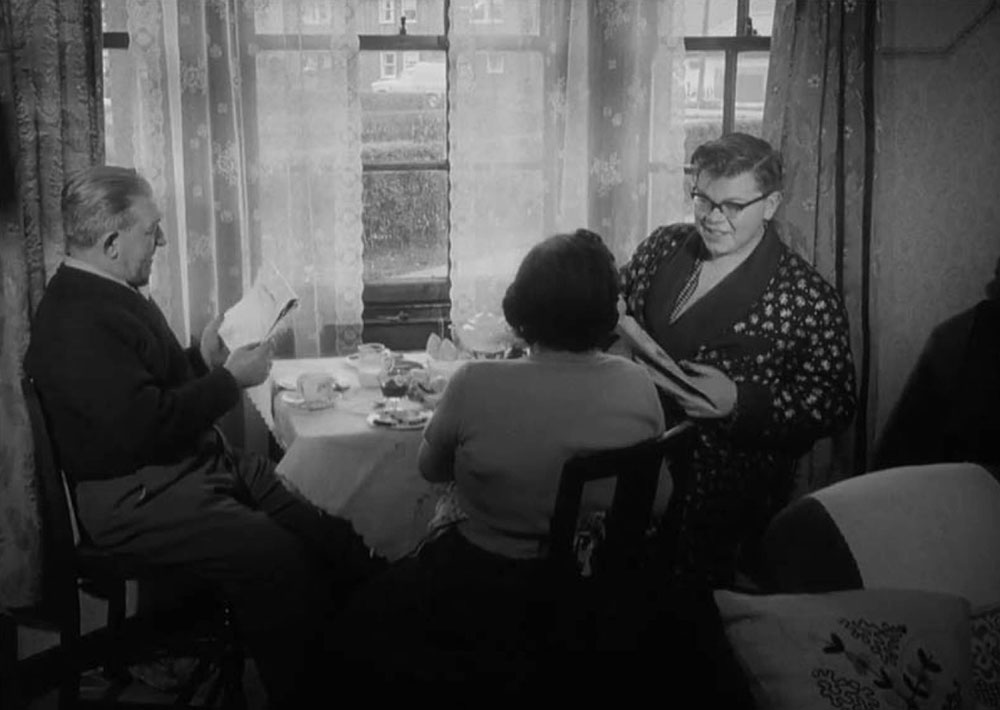HE studied at Eton and Christ Church, Oxford, before a 24-year career in politics earned him to a seat in John Major’s cabinet.
But while the schoolboy Jonathan Aitken was preparing for life at the top of the British establishment, he literally got a taste of a much tougher and more humble side of working life.
Remarkable, rediscovered footage shows the moment an 18-year-old, fresh-faced Aitken visited a Scottish coal mine.
The confident youth seen in the film could not possibly have imagined that 38 years later he would once again experience the wearing of overalls, cramped conditions and clanging metal doors – as a prisoner of her majesty.
The 10-minute film from the archives of the British Film Institute (BFI) shows Aitken and fellow Etonians on an exchange visit to the coal mining village of Cumnock, East Ayrshire.

The black and white reel, titled “Visit to Ayr”, first shows scenes of the pupils from Eton College dressed in formal attire being greeted at the Cumnock train station by the local MP.
The narrator says: “Cumnock station in Scotland, and Emrys Hughes, MP for South Ayrshire, meeting boys from Eton College who had come for their first glimpse into the mining community.”
The students can then be seen packed into a small bus – with a tall and fresh-faced Aitken ducking in order to fit – before meeting the local families they are staying with.
One scene shows another boy, “Jeremy”, in a full suit wearing a carnation, towering over his host family as he greets them outside their terraced home.
The narrator notes “the boys made themselves at home” as one 16 year-old pupil delves into the history of the area with the mine’s “dust suppression officer.”
In another scene a pupil can be seen reading the paper at his host family’s breakfast table – slightly overdressed in an ornate dressing gown.
They then take a sightseeing tour to “get the feel of a mining community”. They also visit the cottage of Robert Burns.

Next day they go underground at Barony Colliery – putting on the “unaccustomed clothing” of overalls. A young Jonathan Aitken can even be seen fixing his hair under the mining helmet – before “going down” the pit.
They are then seen returning from the pit with coal-smudged faces, “dirty, happy and wiser from the experience of seeing how the nation’s coal is won.”
Mr Aitken, speaking yesterday, recalled that the trip was organised after MP Emrys Hughes – who had a number of “formidable” mines in his constituency – gave a speech at the Eton Political Society, which he presided over.
He said: “I remember this episode well. Towards the end of his speech in a half humorous way he asked why Eton isn’t sending any of its boys into the coal mining industry.
“He said, ‘I challenge the boys of Eton to come down the mines of my constituency’. I accepted.
“We worked on the coalface. We went down the mines for the four days, and gosh it was tough. To me it was very very eye opening and fulfilling and fascinating work.
“We also rather bonded with our mining hosts.”
Mr Aitken, jailed in 1999 for perjury, said the trip sparked an exchange programme – with miners visiting Eton for five days.
The school also launched a fundraising effort for the mine when tragedy struck just four months after the visit – when disaster struck and four men were buried alive. Their bodies remain there today.
But Mr Aitken said one of the men – Jimmy Tanner – stood out in his memory, as Mr Tanner wrote to him some years after the visit, saying he was retiring, suffering from a chest condition, and wished to move south.
Mr Aitken said: “He wrote to me – I was by that time a very young member of parliament.He said, ‘Do you think you could help me get a council house?’ And I did get Jimmy Tanner a council house in Ramsgate.
“I saw him from time to time and revered him as a man”.
Patrick Russell – senior curator at the BFI – said that 450 films such as this were made between 1947 and 1983.
He said: “The industrial field was a very prolific field – particularly the mining reviews.
“They reveal a 20th century field that has changed very radically since.
“In this particular case it’s a very interesting cultural exchange across class barriers.”

